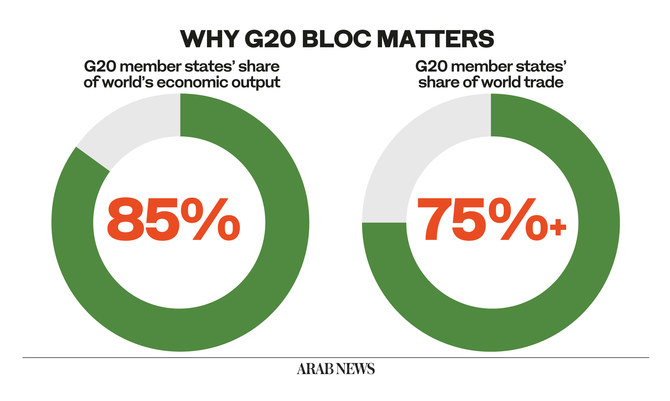
The outbreak of the coronavirus disease (COVID-19) has made all borders redundant as it infects people without discrimination. It does not differentiate between nations or cultures. Such pandemics sometimes alter the course of history and disrupt most predictive indicators.
Ironically, globalization has helped the virus spread like a wildfire across the world. Modern modes of transport have contributed to its spread. We can’t help but say that while science has the power to nurture, it also has the power to destroy.
At the time of writing, COVID-19 has emerged as an invisible and invincible enemy with the power to destroy whoever crosses its path. Is it really that powerful? Or would it be safe to assume that we humans are ill-equipped (for the time being) to control it?
The outbreak has forced all people to follow the same health protocols to contain the spread, such as quarantining, social distancing and the closure of borders to prevent travel between countries. These steps have emerged as shared global attempts to deal with the pandemic.
The current issue facing humanity may be biological in nature but when it comes to consequences, it is no different from an economic disaster or terrorism. In the case of terrorism, we are at least aware of its point of origin, potential targets and causes. Unfortunately, the virus we are dealing with is not only invisible, but it is also difficult for us to understand its true nature, its impact and ways to counter it.
I am not against globalization itself but many problems that mankind is facing today are a direct or indirect result of our so-called global system. Unfortunately, we cannot fight poverty, hunger and terrorism by isolating ourselves. Wars favor, I dare say, the globalized system. Hunger around the world is the victory of globalization.
We live in a world where we tend to benefit from the miseries of others. In a sense, COVID-19 has defeated the modern international system. It has turned the tables on globalization by forcing the entire world to adopt isolation.
This pandemic should be taken as a lesson to mend our ways, to rethink our priorities and to work for the common good of mankind. The virus teaches us to maintain a safe distance from each other. It teaches us to step up coordination to fight common enemies like hunger and poverty. It is high time world leaders agreed on a new international system that discouraged interference in other nations’ internal matters.
States should be more concerned about the well-being of their own people than the destruction of others.
Mutlaq Almutairi is a professor of political communications at @_KSU.
Disclaimer: Views expressed by writers in this section are their own and do not necessarily reflect Arab News" point-of-view












